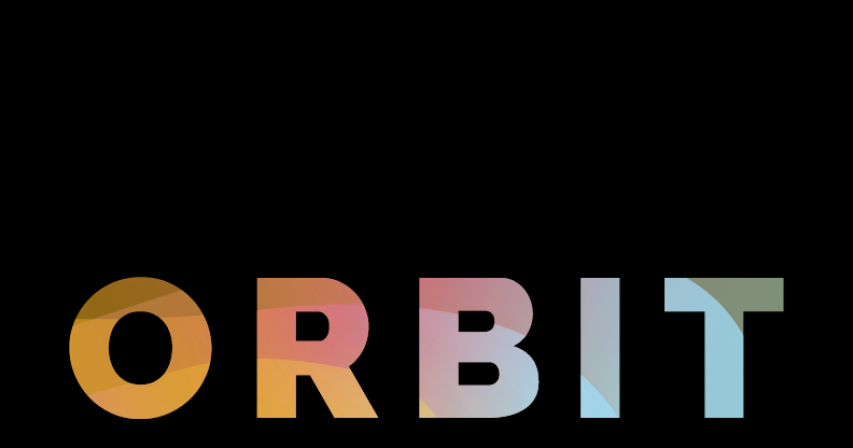ORBIT is one of the first web-based platforms specifically designed to aid efforts to address global challenges.
A project initiated by a Virginia Commonwealth University School of the Arts in Qatar (VCUarts Qatar) faculty member looks all set to boost the efforts of those interested in working towards the United Nations’ Sustainable Development Goals by bringing together diverse groups of people, especially students and faculty, to address complex global challenges, on a web platform.
ORBIT, or Online Resource for Building Intercultural Teams, is a project led by Denielle Emans, an Associate Professor in Graphic Design at VCUarts Qatar – a Qatar Foundation partner university – and her research partner Kelly Murdoch-Kitt, an Assistant Professor at the University of Michigan. Together, they envision the web-based portal will help students and faculty from various backgrounds and countries to connect with each other, and discuss sustainable design solutions with global applications.
ORBIT’s uniqueness lies in it being one of the first web-based platforms outside popular social media to help people who are diverse in many ways, including backgrounds, thought processes, and disciplines, connect and collaborate with the specific intention of solving complex global challenges.
Users of the portal will be able to create profiles, and can then search the database of other registered users. Based on each registered user’s complementary skills and shared interests in sustainability goals, search algorithms will suggest matches for international collaborators in education.
According to Emans, the project – which was partly funded by VCUarts Qatar’s Faculty Research Development Program – is currently open and seeking participants for beta testing. The hope is that the portal will grow its user-base and expand the network to include a wide range of international faculty and students.
“There is considerable evidence to prove that diversity within teams increases success rates in solving complex problems,” she explains. “In this regard, first, ORBIT will be a practical tool for researchers to structure and strategize the formation of diverse teams to realistically address these problems from different cultural and disciplinary perspectives.
“Second, ORBIT uses technology to transform dispersed latent interests into networked power. Latent groups are those who share common interests but for whom the cost and effort of physical meetings are too high. ORBIT will help such latent groups identify shared interests in Sustainable Development Goals and connect with each other, resulting in a powerful networked public voice.
“Finally, the ORBIT tool will support empirical research into collaboration for sustainability. It will gather data about how diverse teams are formed in a virtual space and how they work together remotely to address global challenges. The findings will indicate the tool’s effectiveness in forming diverse and innovative teams around critical issues such as poverty, inequality, climate change, environmental degradation, peace and justice.”
Emans has been conducting research into the efficacy of international collaboration in addressing universal issues, for close to a decade. Recently, she co-authored a book with Kelly Murdoch-Kitt, Assistant Professor, University of Michigan, titled Intercultural Collaboration by Design: Drawing from Differences, Distances, and Disciplines through Visual Thinking (Routledge 2020), on the topic.

Comments